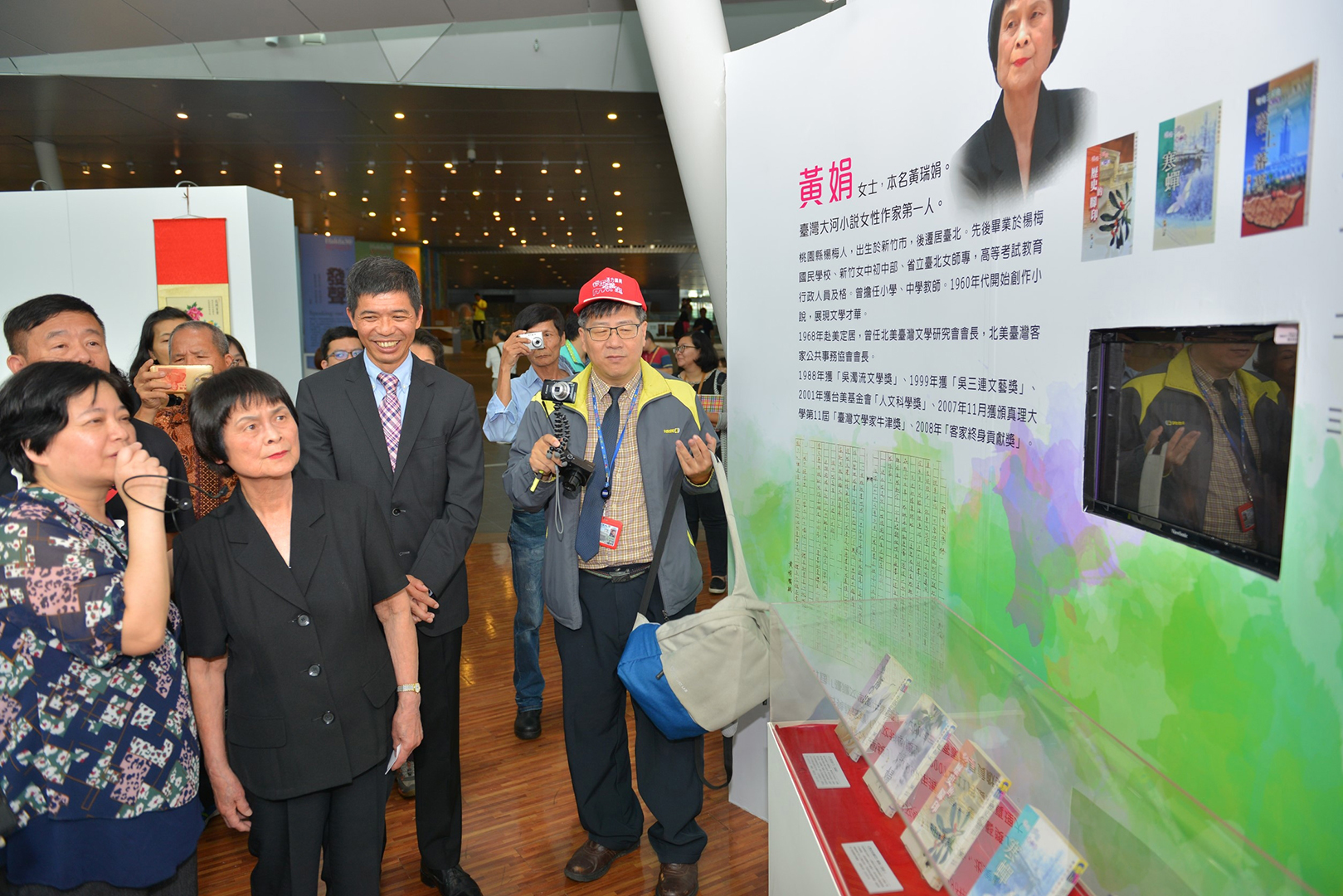
News
【Taiwan Hall Activity】Huang Juan donates literary collection to Taiwan Hakka Museum
- Source:客家文化發展中心
- Publication Date:2019/06/12
- Last updated:2020/10/15
- Count Views:2221
Huang Juan (黃娟), who is the first female roman-fleuve novelist in Taiwan, recently donated all her literary possessions including manuscripts, books, medals, and letters to the Hakka Culture Development Center. The exhibition on Huang’s donations is taking place at Taiwan Hakka Museum in Miaoli from June 1 to Aug. 19, and an appreciation ceremony was also held to commemorate her generosity.
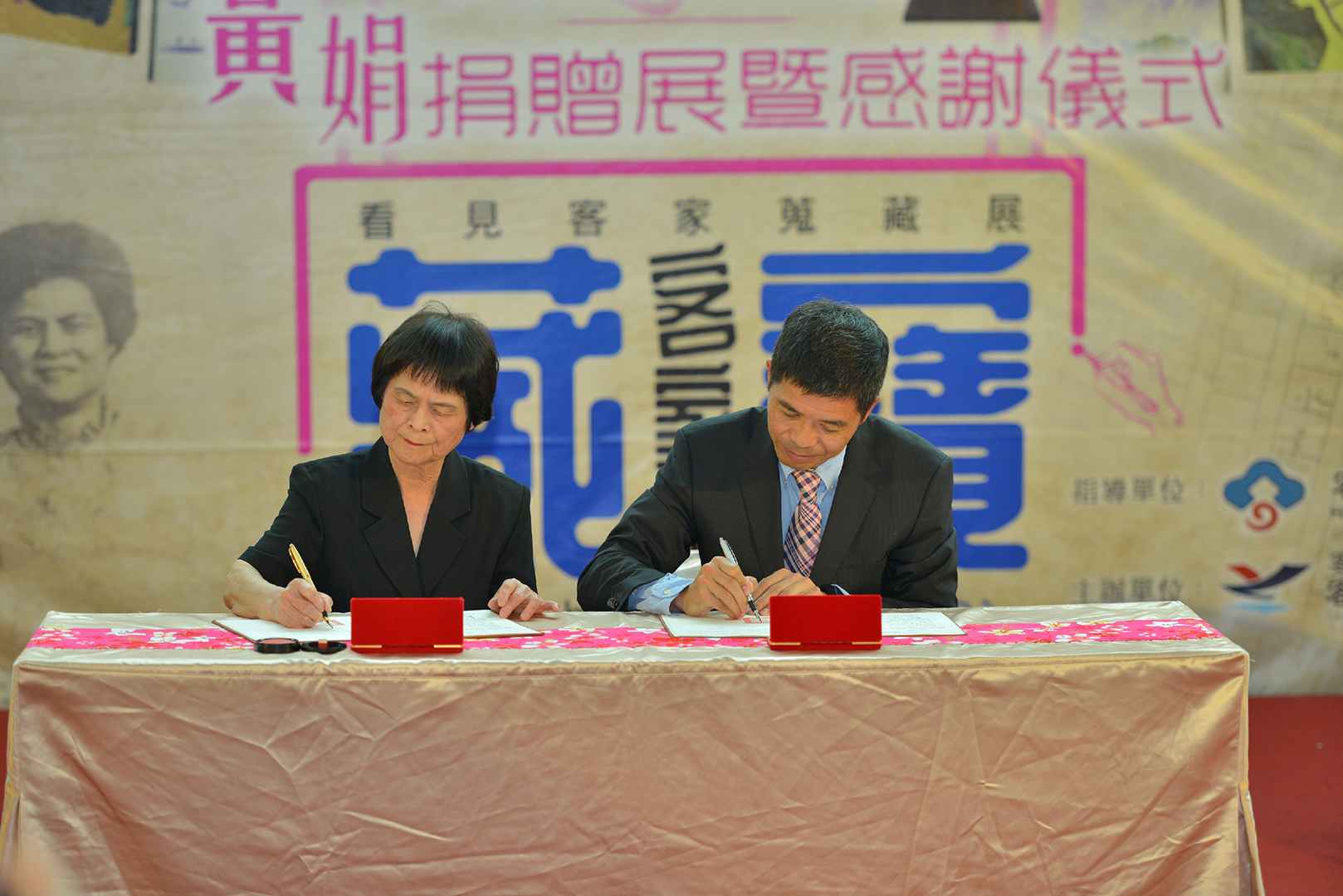
Director of Hakka Culture Development Center Ho Chin-liang (何金樑) stated that, on account of Huang’s creative energies, she is a role model for younger generations striving to make their mark in the literary field. Her donations enrich the exhibits at the museum, and her kind deeds set a good example of cooperation between art creators and government institutions to preserve and manage important assets.
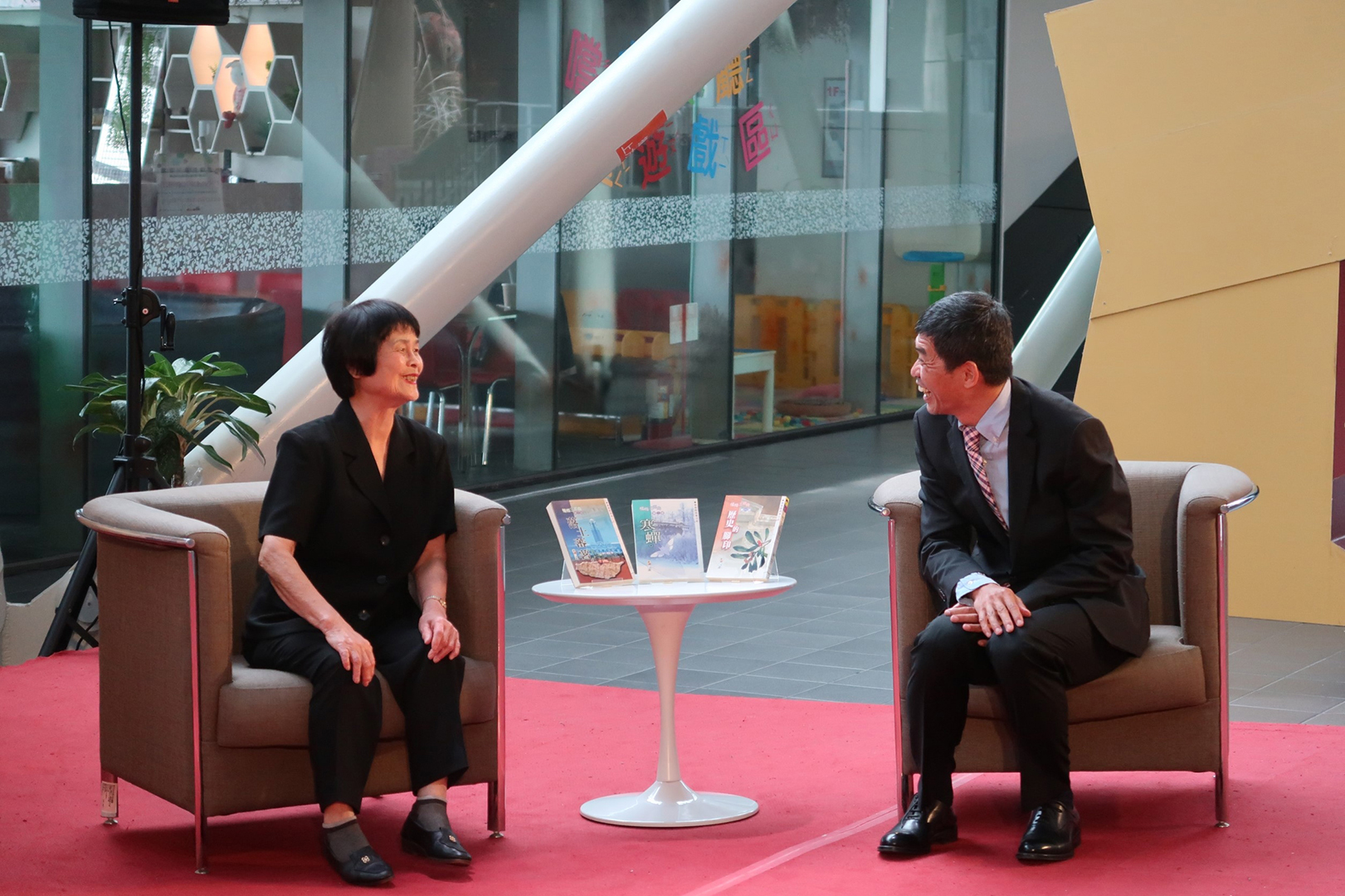
“Yangmei Trilogy (楊梅三部曲)” is Huang’s most celebrated work. Consisting of “Footprints from History (歷史的腳印),” “Winter Cicada (寒蟬),” and “Formosan Landed (落土番薯),” the trilogy illustrates Taiwan’s history from a Hakka’s perspective, documenting the history of Taiwan spanning the Japanese colonial era, martial law, and her personal life as an expat in the United States.
In 1995, when Huang was 62 years old, she returned to Taiwan from the United States. Accompanied by Hakka literary titan Chung Chao-cheng (鍾肇政), she visited many local elders to conduct field research in Taoyaun’s Yangmei region. By doing so, she reconstructed local history in her novels, and that is how “Yangmei Trilogy” came into existence. Because of Huang’s perseverance, her novels are now invaluable historical records of Taiwan.
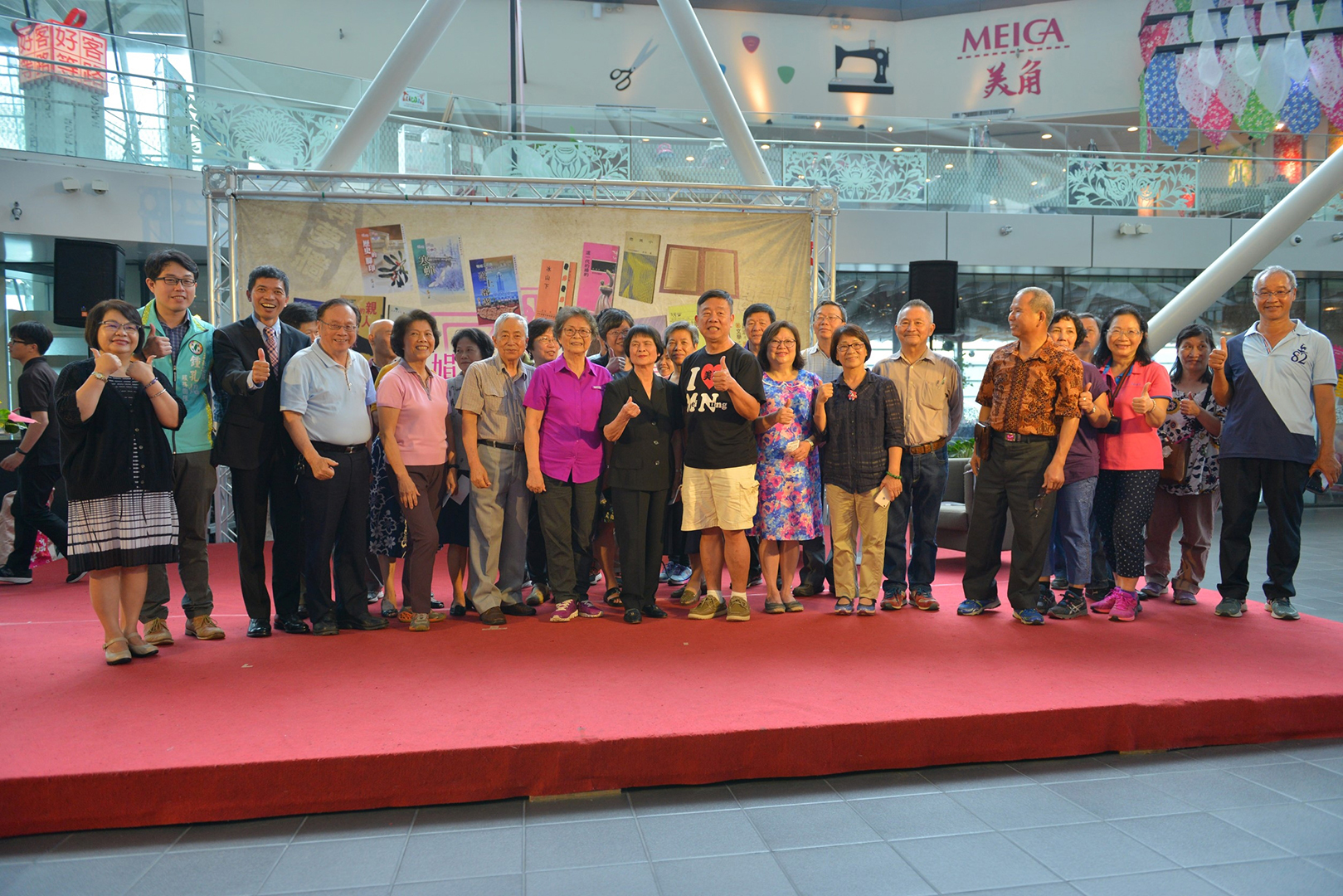
Other than winning the Hakka Contribution Award for lifetime achievement, Huang is also the recipient of awards including TAF Humanities Achievement Award, Wu Zhuo-liu Literary Award, and Wu San-lien Literary Prize. Her lively creativity comes from subtle personal observations and the profound impact of living among western and eastern cultures.
Through the lens of a Taiwanese-American Hakka, she deconstructs and reflects the collective awareness of Hakka communities in Taiwan. Her novels provide readers with an opportunity to explore multidimensional aspects of Hakka history and understand the precious value of passing down Hakka culture. Through the exhibition running till Aug. 19 in Miaoli, visitors can surely discover the beauty of Huang’s enduring masterpieces and her life stories.
